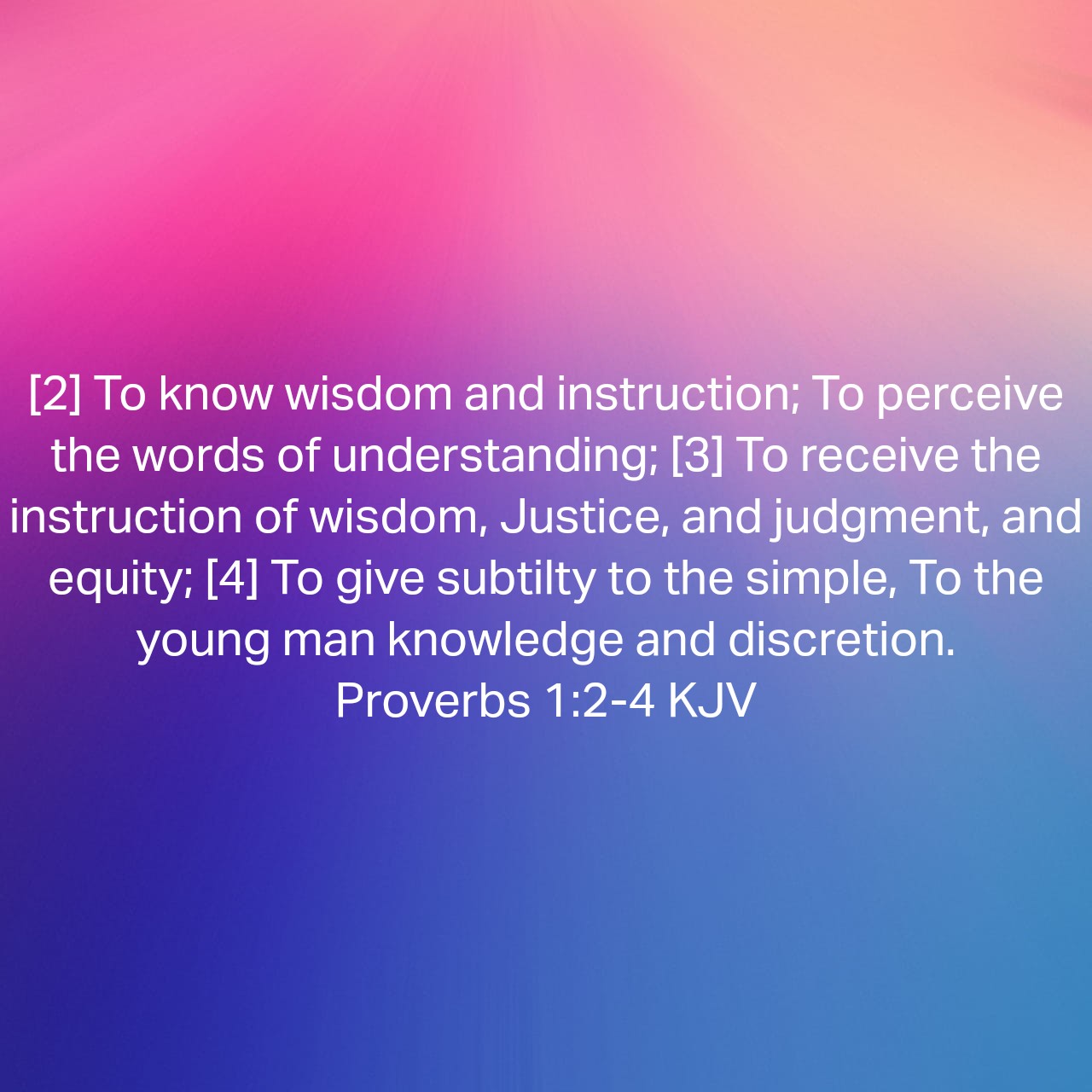Epistemology
The term “epistemology” comes from the Greek words “ἐπιστήμη” (epistēmē), meaning “knowledge,” and “λόγος” (logos), meaning “study” or “discourse.” Here’s a detailed chronological breakdown: 1. Proto-Indo-European (PIE) The PIE root “*weid-” means “to see” or “to know.” 2. Ancient Greek From the PIE root, the Ancient Greek word “ἐπίσταμαι” (epistamai) developed, meaning “to know.” The … Read more






